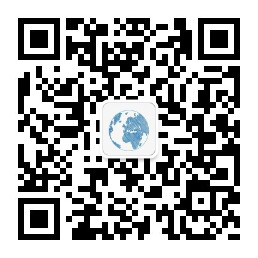李润庭:可以看下你写的中文吗?比如你的名字。
塔里克:与其说写,不如说像画画,我的老师说我的书写不好不坏,我可以展示一下。
潘锦:你可以教我们说几句阿拉伯语吗?
塔里克:当然可以,我还可以写你们的名字。
(塔里克教大家怎么用阿拉伯语说“你好”“你叫什么名字”“你来自哪个国家”“你很漂亮”“好吃”)
潘锦:我看过一个综艺节目,他们去一些阿拉伯国家旅游之前学了一些简单用语。
塔里克:不是所有阿拉伯国家都可以互相理解,比如ZISU有摩洛哥学生,但我不能听懂他们说话,因为他们虽然说阿拉伯语,但有很多法语词汇,语速还非常快,像唱rap。你跟我说过你也在学法语是吗?对你来说可能简单,但我在埃及学的时候一点都不容易。
潘锦:不不不,我到现在都很疑惑它的发音,需要花好几分钟来考虑。
塔里克:我觉得中文的声调更困难,当我想说四(sì)都会说成死(sǐ),课上他们会告诉我这个数字在中国不太好,但我知道8是个好数字。
A student majors in Russian: Can you show me your Chinese writing? For example, your name.
Tarek: It's more like drawing than writing. My teacher said my handwriting is not good or bad. I can show you.
Pansy: Could you teach us some Arabic?
Tarek: Of course, I can also write your names.
(Tarik teaches everyone how to say "hello", "what's your name", "what country do you come from", "you are beautiful", "delicious" in Arabic)
Pansy: I watched a TV show and they learned some simple phrases before traveling to some Arab countries.
Tarek: Not all Arab countries can understand each other. For example, there are Moroccan students in ZISU, but I can't understand them because although they speak Arabic, they have a lot of French words and speak very fast, like singing rap. You told me that you are also learning French, right? It may be easy for you, but it was not easy for me when I studied in Egypt.
Pansy: No, no, no. I still have doubts about its pronunciation and need to spend several minutes to consider it.
Tarek: I think Chinese tones are more difficult. When I want to say sì, I say sǐ. In class, they will tell me that this number is not good in China, but I know that eight is a good number.

